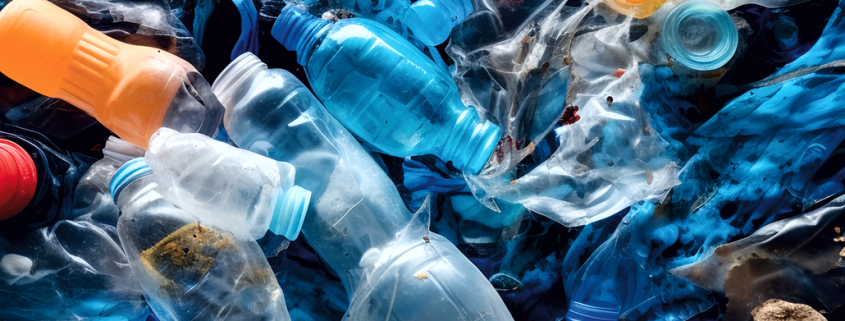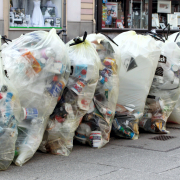Colombia, Jamaica and Panamá Combat Urban Plastic Pollution
Last year, the governments of Colombia, Jamaica and Panamá launched a 42-million-dollar project to combat plastic pollution by mainstreaming circularity at city-level.
The three countries will be supported by the United Nations Environment Programme (UNEP), with funding from the Global Environment Facility (GEF) and support from the Cartagena Convention Secretariat, the project to reduce marine plastics and plastic pollution in Latin American and the Caribbean cites through a circular economy approach. As reported, the aim is to adopt closed-loop policies at city level, engage the private sector to do the same and create an inter-city network among Latin America and the Caribbean cities on marine plastics and plastic pollution more broadly, raising awareness on best practices.
According to the UNEP, nearly one-third of all plastic is single-use, 32 percent contaminates soil and freshwater ecosystems and as much as ten million tons are released into the ocean annually, worsening the triple planetary crisis – climate change, nature and biodiversity loss, and pollution and waste. “Without decisive action, this is expected to triple by 2060,” the organization underlined. Circularity would aim to keep materials such as plastics at their highest value throughout the value chain for as long as possible by transforming the way “we design, make, use and discard products”. The global economy is only 8.6 percent circular – a figure slightly increased in Latin America and the Caribbean at ten percent, UNEP added.
Exposure to mismanaged plastics can harm human health and marine species, causing entanglement and injury, ingestion, suffocation and toxic contamination. Additionally, the open burning of plastics may release toxic persistent organic pollutants – chemicals that do not break down in the environment and contaminate air, water and food. By prioritizing innovative interventions upstream and identifying products that contain chemicals of concern, policy and fiscal instruments would be applied to cut the use of unnecessary or toxic plastic products, UNEP emphasized. Moreover, that would also limit and ban the open burning of plastics and develop reuse and refill systems, as well as new circular business models in collaboration with those along plastic value chains.
The UN organization is convinced that a rapid shift to a circular economy can diminish the volume of plastics polluting the ocean by over 80 percent, reducing reliance on the creation of new plastic and saving governments over 70 billion US-Dollar in less than 20 years. What is more, these measures were able to create an additional 700,000 jobs by 2040.
The four-year project would bring Barranquilla and Cartagena in Colombia, Kingston and Montego Bay in Jamaica and Panamá City and Colón in Panamá – alongside other cities in Latin America and the Caribbean – in line with international best practices.
(Published in GLOBAL RECYCLING Magazine 1/2024, Page 6, Photo: Dee / pixabay.com)









